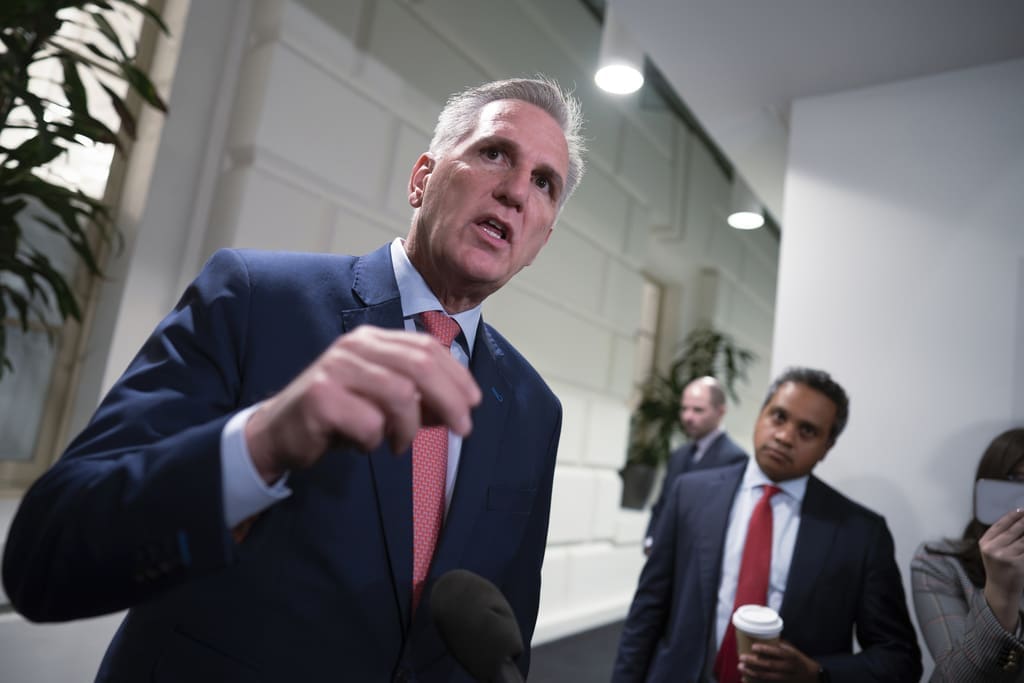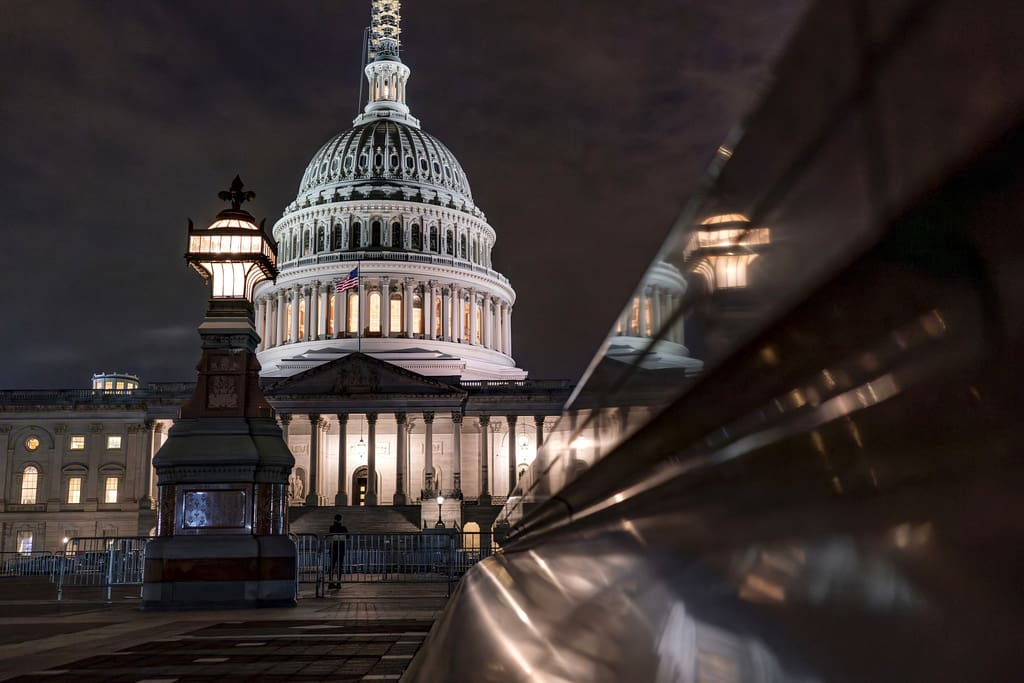With gridlock persisting in Washington, a government shutdown is looking more and more likely ahead of Saturday night’s deadline.
As the Senate marches ahead with a bipartisan approach aimed at keeping the government open, spending measures are still struggling to pass the Republican-controlled House.
If a shutdown arrives, millions of federal employees will be furloughed and many others — including those working in the military and the Transportation Security Administration — will be forced to work without pay until it ends.
A handful of federal programs that people nationwide rely on everyday could also be disrupted — from dwindling funds for food assistance to potential delays in customer service for recipients of Medicare and Social Security. The ripple effects would come down to how long the shutdown lasts and varying contingency plans in place at impacted agencies.
A government shutdown would hit the poor, their children and somewhat seniors the hardest.
Impacted families are “going to be going to food pantries,” said Dr. Nancy Nielsen, senior associate dean for health policy at the University at Buffalo’s Jacobs School of Medicine & Biomedical Sciences. “These are people who need the help. These are moms. These are infants. So this is a real problem.”
A potential shutdown could bring significant financial uncertainty and economic implications down the road for all Americans a professor said.
“Collectively, hundreds of millions of Americans, a majority of the population, are receiving some kind of benefits from the government,” said Forrest V. Morgeson III, an associate professor at Michigan State University’s Broad College of Business.
Here’s what Americans can expect.
- A government shutdown could risk millions of low-income Americans’ access to food and nutrition assistance programs — with impacts depending on how long the shutdown lasts and program-by-program contingency funds.
- Seven million women and children who rely on the Special Supplemental Nutrition Program for Women, Infants, and Children (WIC) could be at risk of losing assistance almost immediately into a shutdown, according to the Biden Administration. That’s because the federal contingency fund supporting normal WIC operations will likely run out in a matter of days — pushing states to rely on their own money or carryover funds.
- Families who receive benefits from the Supplemental Nutrition Assistance Program could also lose assistance if a shutdown drags out for a more significant period of time. According to the Agriculture Department, regardless of what happens in Washington this weekend, households will receive SNAP assistance as usual through October.
- ‘Head Start programs serving more than 10,000 disadvantaged children would immediately lose federal funding, although they might be able to stave off immediate closure if the shutdown doesn’t last long.’ Head Start programs serving more than 10,000 disadvantaged children would immediately lose federal funding, although they might be able to stave off immediate closure if the shutdown doesn’t last long.

- Regardless of what happens in Washington this weekend, Social Security and Supplemental Security Income recipients will continue to receive payments. But response times for people with issues could be delayed due to furloughs. “If you have a question about Social Security, you may not be able to find anybody to answer your questions,” Nielsen said. “But the everyday transactions of sending checks out will still continue.”
- Medicare and Medicaid benefits will also continue — as both are mandatory programs funded separately from annual appropriations. That means that patients should still be able to see their doctors and have medical bills paid. But, similar to Social Security, there could be delays and disruptions to customer service due to furloughs.
- The nation’s air-travel system is expected to operate relatively normally during a shutdown. Air traffic controllers and TSA screeners are deemed essential workers — however, those people won’t be paid until the shutdown ends, and TSA lines could grow longer if enough screeners stay home.
- The processing of passports and visas will continue in a shutdown “as the situation permits,” according to guidance that the State Department gave employees last week.
- ‘Most Customs and Border Protection agents are also considered essential and would be expected to work at airports and border crossings.
- If spending measures aren’t passed by Saturday’s deadline, the government shutdown would start the same day that student loans emerge from the pandemic pause after beginning to accrue interest again on Sept. 1. But, shutdown or not, borrowers’ payments will still be due.
- The United States Postal Service will not be affected by a government shutdown. The Postal Service doesn’t rely on taxpayer dollars because it generally gets its funding through the sales of products and services.


